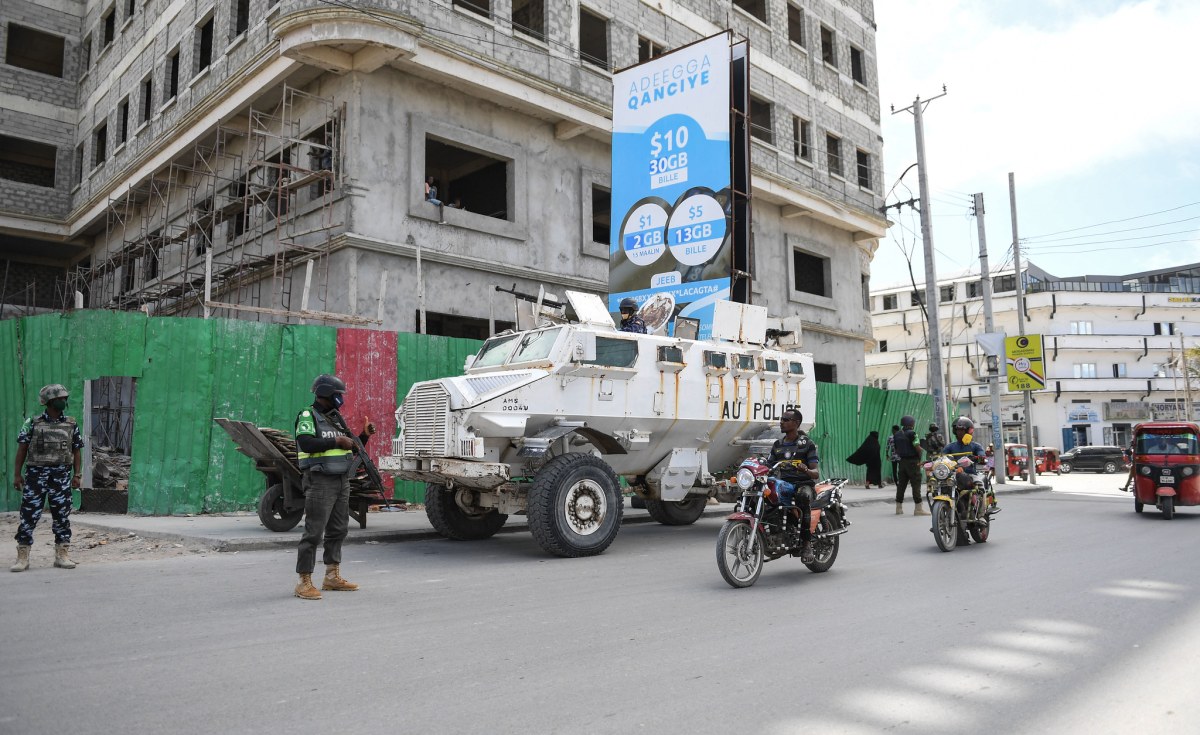“That’s me. That’s who you are talking about. Me. Everything is down to lacerations. A deep cut into the skull behind the ear. The bruising that only appeared four days later. Lacerations, cuts, bruises, swelling, sharp metal object, force. Multiple injuries. Tear, gash, incision. Injury to the arm, the right arm, cut on the right hand. Could it have been caused by a fall? Was it a stick or a plank with a sharp point or a metal object? No evidence of dirt or stones found in the laceration. Exhibit C. Left part of forehead.”
I was listening to my friend, Jenny, free-fall. She had spent the day back in the Simon’s Town court for the umpteenth time. She was stressed and angry. Her frustration was listening to her doctor being cross-examined about her injuries. She was the subject. There was no emotional consideration. She had been physically brutalised, and she continues to be mentally battered.
Jenny is an environmental researcher. She was busy working on her bee project at the Table Mountain National Park near Cape Point. This kind of work requires intense focus. But she was distracted by a man who was zigzagging towards her, stick in hand.
Initially, she thought he was a researcher. She soon became aware that he was trying to hide something. Without any hesitation he lunged at her with a sharp plank. She was holding back her dogs, and realised this man was not going to leave her.
“I really believe he wanted to kill me. He was taunting and jeering me. I know he had done this before,” she said.
We were sitting on the stoep. The stillness of the night was a relief. It had been a long day. She had waited hours for proceedings to start. The magistrate was late. Then rolling blackouts. The hearing did start, four hours later, then the hearing was cut short. New date. New venue. She would have to wait a further two months.
The attack happened in July 2021. She cannot move on. She reflects on reliving the attack, dealing with the lies, being unseen. Compounded over and over to feel like a victim. Going over the events continues to make her feel regretful that she had laid charges. She could have just had the necessary medical attention, stitches, and dental surgery.
Visit Daily Maverick’s home page for more news, analysis and investigations
“Then I would just have to move on. Heal the wounds. Look at the scars. Remember what happened. And move on.”
When she reported the attack, the police did not offer her any support. There was no trauma room. The investigating detective has not yet been to the place where the attack occurred.
Her attacker came to where she lived and threatened her. So she reported it to the court which meant filling in another form. She told a police officer, a woman, that she did not understand how to fill out the form. The officer’s response was, “I don’t care. I am not a social worker.” The security guards at the station were more helpful than the police.
Jenny says her advice right now is not to do it her way. Just deal with the fact that the system is broken and corrupt. It’s too big. It’s too hard. And nothing will change.
This is a typical South African response. We are stoic in our response to the level of crime we have. Gender-based violence is acknowledged as an epidemic.
“Fortunately she was only raped, not murdered!” is a common response to our helplessness. This is ridiculous, unhelpful and wrong. We need to understand the absurdity of our responses. The justice system is broken but we do not have to accept this. We must, as civil society, hold our politicians and lawmakers accountable.
Friends started a Back a Buddy campaign for Jenny as the legal fees are mounting. She has a good support network, including a lawyer who cares about the case. She also has a job. Her situation is much better than most women in South Africa. They will not report the abuse as they expect the system to fail them.
Recently, I met an American woman currently doing her PhD on the leadership philosophy of Ubuntu. She told me that her family are very concerned for her safety in South Africa; they insist she contacts them daily. Every time she takes an Uber she has to send them her location pin. They are worried as she is a single woman travelling alone in Johannesburg and Cape Town.
Before she headed our way, she was in West Africa, with no safety concerns. She said it makes her feel deeply uncomfortable and she does not want to become paranoid. Her reality as an African American is conflicted and she has personal experience of police brutality in her own country. But our levels of gender-based violence are front of mind when she moves about. She never allows herself to relax.
This is abnormal and yet we carry on life as if it isn’t. Gender-based violence must become the agenda. It is all our jobs to make sure it is. DM
First published by GroundUp.
![]()





















Discussion about this post